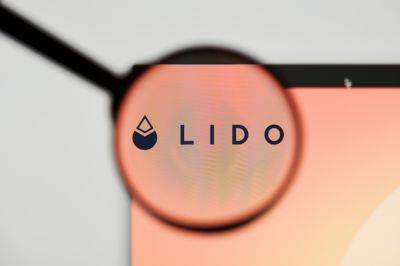Fertility test kits: affordable and easy but there are downsides
G rowing numbers of people are buying at-home fertility tests despite concern from some leading doctors that these products may cause already anxious would-be parents to worry unnecessarily about their ability to have children.
They also say there is an urgent need for better regulation in this area.
There has been a tripling in sales of Superdrug’s at-home hormone tests since December last year. The health and beauty retailer also offers consultations with online doctors about testing, with average weekly bookings rising by more than 400% during the same time period. Meanwhile, the health company Randox has reported “considerable growth” in its fertility testing kits.
Most companies offer the testing of the anti-Müllerian hormone (AMH), which can help estimate the number of follicles inside the ovaries, and progesterone, a hormone that plays an important role in the menstrual cycle.
It comes amid big waiting times for help on the NHS after the Covid pandemic effectively shut down a range of non-essential services. Several hundred thousand women are on a waiting list to see a gynaecologist on the NHS, with the average waiting time doubling from 6.9 weeks pre-Covid to more than 14 weeks.
Fertility is big business. This weekend (20-21 May), London’s Olympia plays host to the Fertility Show Live, an event where would-be parents can talk to fertility experts, attend seminars and check out the latest products.
At-home fertility tests vary in price. For example, Superdrug offers a range of products including an AMH blood test kit costing £76.99, a progesterone test kit costing £39.99 and a combo test pack for £97.99. An at-home hormone and fertility test kit from the specialist firm Hertility is £149.
However, some experts have
Read more on theguardian.com






















